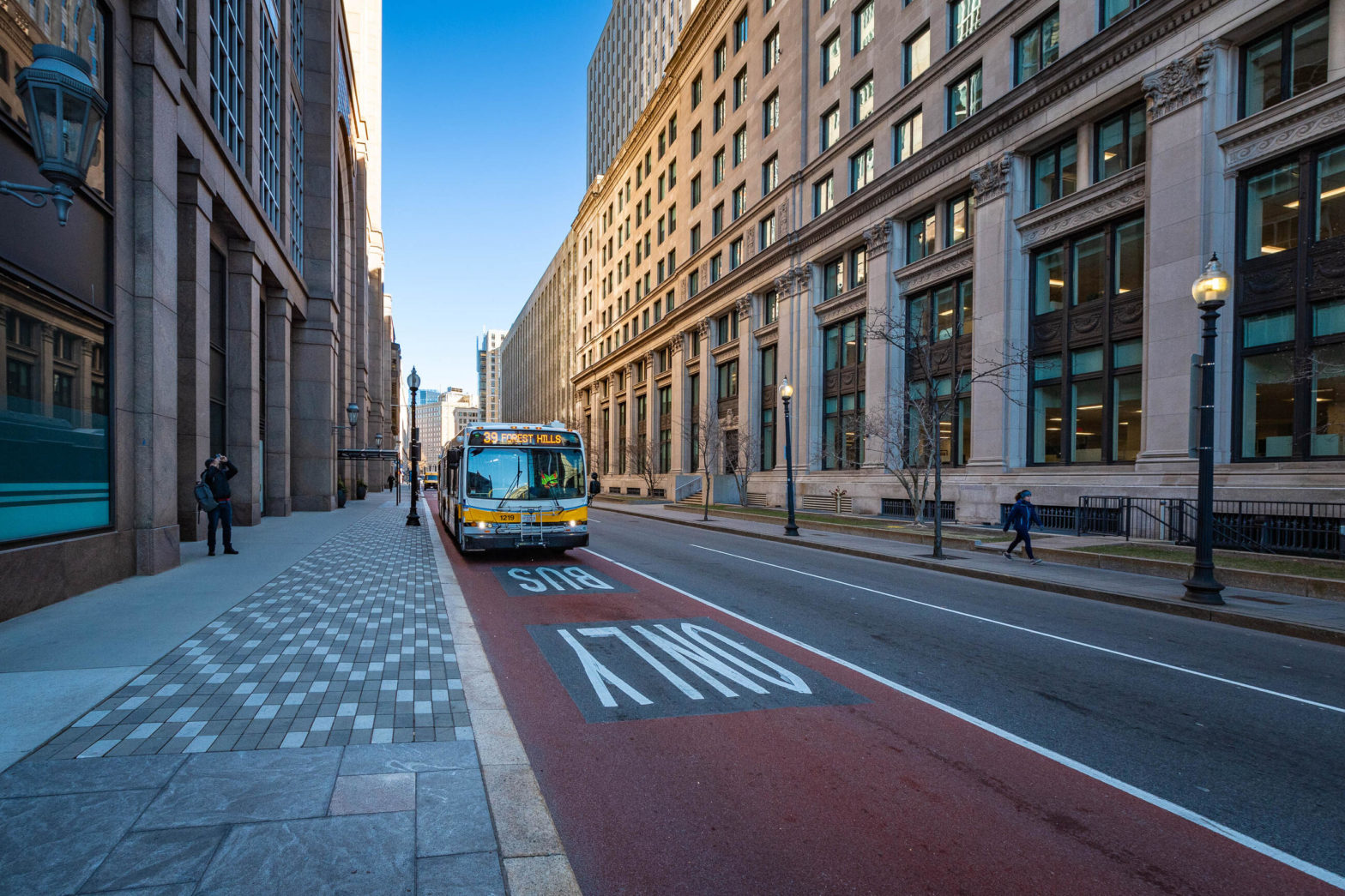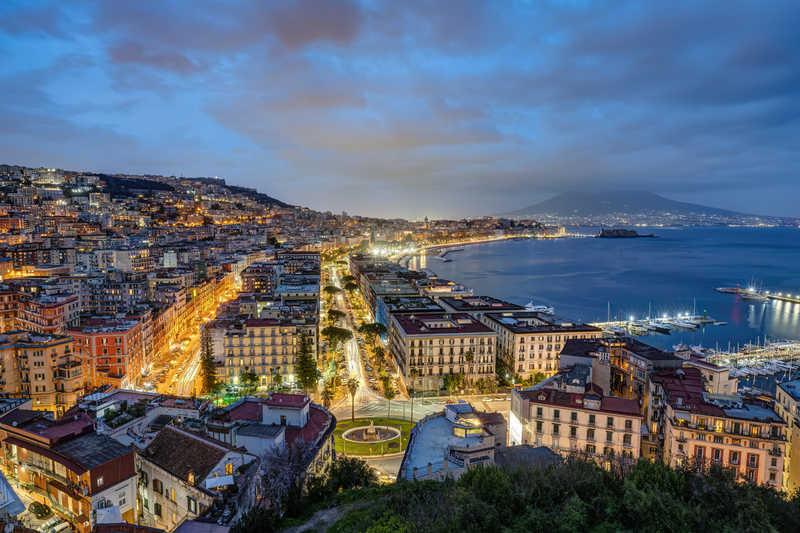
Photo: MBTA
Boston reports 21 percent drop in delays through new bus project
31 January 2025
by Christopher Carey
The City of Boston and the Massachusetts Bay Transportation Authority (MBTA) have announced the expansion of a project that gives buses priority at intersections in a bid to improve reliability.
The move follows a trial on two MBTA bus routes along Brighton Avenue which saw a 21 percent drop in delays caused by red lights – resulting in eight percent faster travel times.
“The MBTA has great municipal partners who continue to collaborate with us on improving bus services, and we’re grateful to the City of Boston for building on the success of the 2019 Brighton Avenue bus lane project to add Transit Signal Priority to the bus lane corridor,” said MBTA General Manager and CEO Phillip Eng.
“This will add to the reliability benefits already felt by riders on Routes 57 and 66 every day, improve bus service for the community, and bring riders to their destinations more quickly.”
Background
The MBTA reports that up to 50 percent of transit delays consist of waiting at red lights in signalised intersections, and these new upgrades have the potential to significantly reduce that time.
Before scaling the upgrades citywide, the authority has been running a one-year proof-of-concept test to make sure the system would function properly.
The three-intersection transit signal priority (TSP) test along Brighton Avenue was deployed in July 2024, and since installation, buses travelling through the corridor spent 21 percent less time waiting at red lights on average and arrived at a green light five percent more often.
This resulted in eight percent faster travel times with each bus saving an average of 16 seconds for a combined total of 110 minutes saved each weekday.
Travel time savings were even greater during peak hours as each inbound Route 57 trip through the corridor was over 60 seconds faster.
The city’s traffic signal vendor, Control Technologies, will work with LYT – a connected traffic tech provider – to use machine learning to track and predict bus locations.
“Traditionally traffic signals have been timed without prioritising the flow of bus routes,” said City of Boston Mayor Michelle Wu. “This is another step to retime signals to keep traffic moving for all road users in our city.”
Image: MBTA











